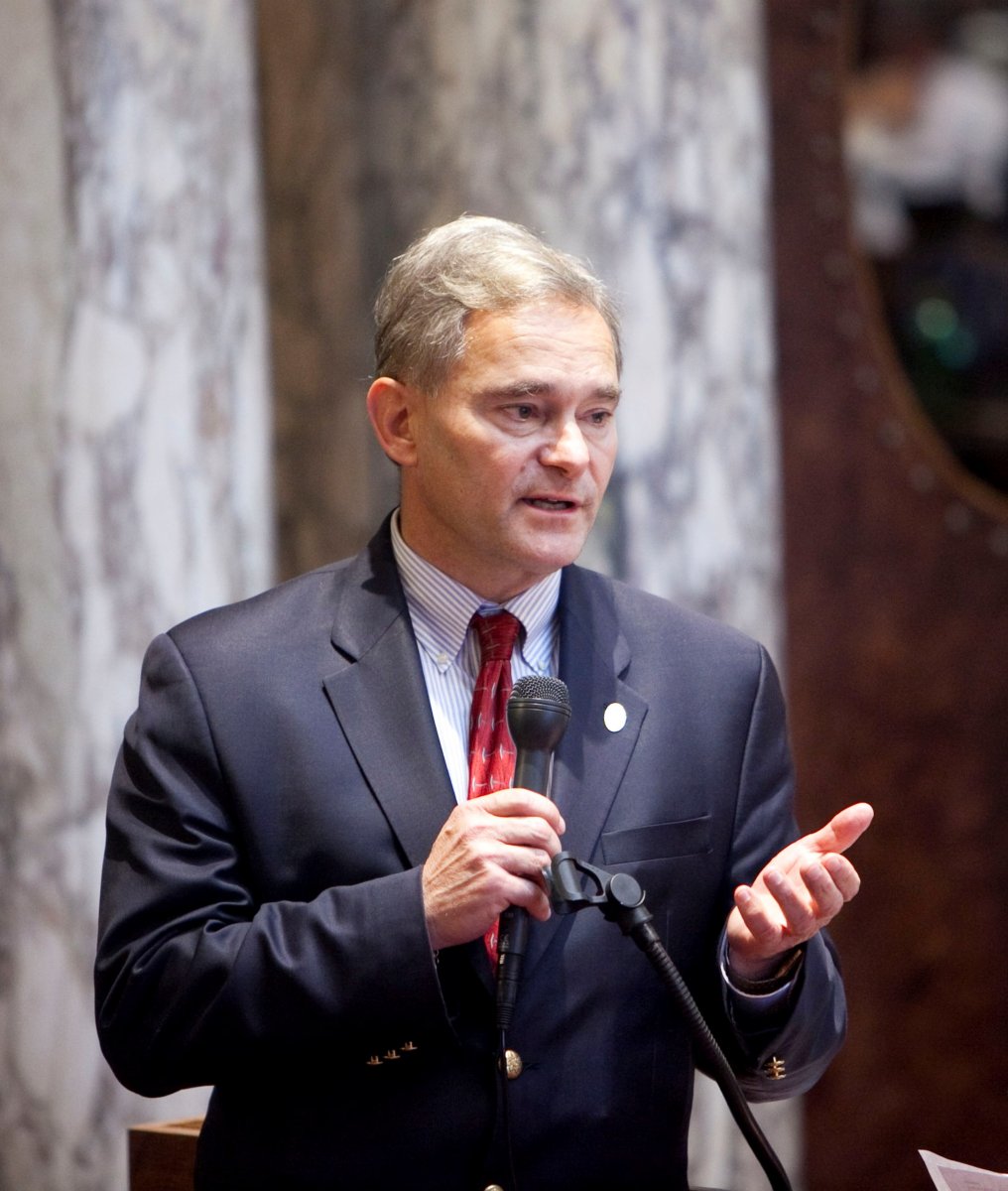State Targets Payroll Tax Fraud
50 investigations by Department of Revenue of companies suspected of cheating workers on pay.
A state crackdown on payroll fraud has led to as many as 50 open investigations of companies suspected of cheating their workers on pay and cheating the state on payroll taxes, the state’s top tax collector says.
The crackdown is led by a task force appointed by Gov. Tony Evers, with representatives from three state agencies: the Department of Workforce Development, the Department of Revenue, and the Office of the Commissioner of Insurance.
“We’ve seen an uptick in the state of Wisconsin in regards to what is primarily out-of-state contractors coming in and scamming the system,” DOR Secretary Peter Barca told the Wisconsin Examiner in an interview. “In July alone there were 50 new companies” that received closer scrutiny from the state on suspicion of the practice, Barca said.
Another form is when employees are wrongly classified as self-employed independent contractors.
Employers must pay payroll taxes and contribute to state unemployment and workers compensation funds for direct employees; when workers are hired as independent contractors, employers don’t bear any of those additional costs.
But state and federal regulations limit who can be considered genuine independent contractors rather than employees. The differences include how much autonomy, control of their own work, and freedom to work for others workers have, and legal disputes over independent contractor vs. employee classification have rocked the gig economy, like the ride-share service Uber.
“We’ve been getting referrals of companies that misclassify people as independent contractors when they’re clearly not independent contractors, they’re employees,” Barca said. “We’re going to be looking very closely at those.”
State task force
The Wisconsin task force, which Evers established in an April 15 executive order, held its first meeting last week.
Worker misclassification is an “important issue that is plaguing not only Wisconsin’s workforce, but employees from multiple industries,” DWD secretary-designee Caleb Frostman said in a statement following the Wednesday meeting. “This issue is bipartisan, and I look forward to arriving at meaningful recommendations for the Governor and State Legislature to consider.”
The problem is especially visible in construction. “But it’s not limited to that,” Barca told the Examiner. Businesses including non-medical transportation providers and nail salons have also come under scrutiny.
Barca attributed the practice largely to out-of-state businesses. Most are small, fly-by-night operations, but others may be larger. “We don’t want to put good, honest Wisconsin companies at a competitive disadvantage by people who are scamming the system,” he said.
In construction, “probably more often than not it’s subcontractors” who are guilty of illegal practices, Barca said.
He called on general contractors to scrutinize subs more closely. “In many cases contractors don’t even know how these subcontractors operate,” he observed. “But it’s incumbent on contractors to know that.”
Clients and customers need to pay attention starting from the bidding process, he added. “There’s a reason sometimes why this drywall company might be 35% cheaper,” Barca said. “Generally speaking that should be a red flag” for the general contractor or whoever else is evaluating the bids. “They should be asking why a person could do this.”
Escalating response
When companies are suspected of engaging in payroll fraud, the DOR starts by sending a letter and alerting the owners. Violators are subject to penalties as well as bringing their payroll tax and workers and unemployment compensation accounts up to date.
For businesses that don’t cooperate and correct their practices at the outset, “following that we perform a full-blown audit,” he said.
More flagrant violations may be reported to the state Department of Justice for prosecution.
With the upsurge in investigations, Barca has been busy publicizing his department’s focus on the problem.
Federal tax authorities have also declared their own crackdown on worker misclassification and related payroll fraud violations. At a national meeting of state tax authorities that he attended in Indianapolis earlier this year, IRS officials declared their intent to go after violations of relevant federal regulations, Barca said.
Following their lead, “we’re going to be as aggressive as we can be.”
Reprinted with permission of Wisconsin Examiner.






















